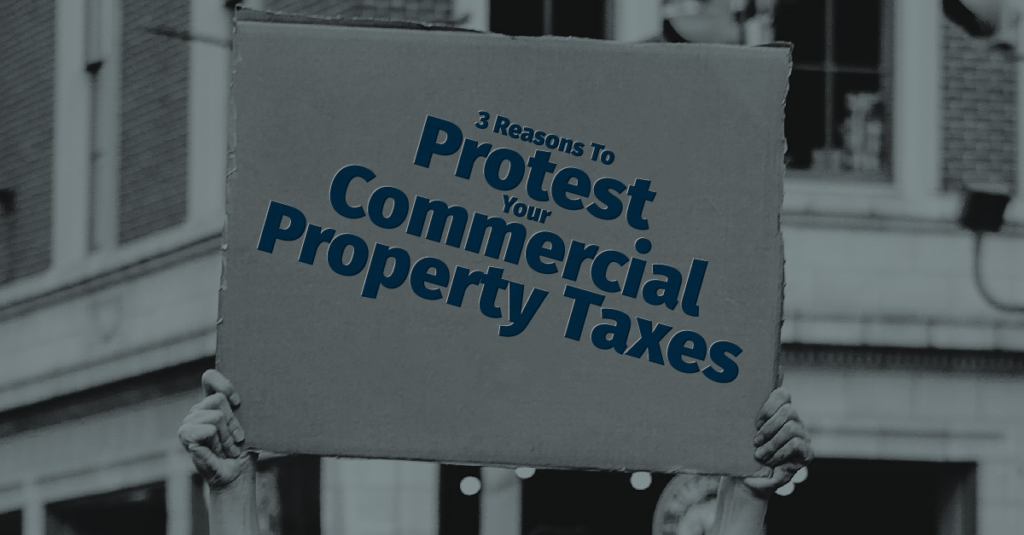Understanding the Reasons to Protest Property Taxes
Introduction
Property taxes are a significant financial burden for many homeowners and businesses. As property values increase, so do property tax assessments, leading to higher tax bills. However, it’s important to note that property assessments are not always accurate or fair, which has led to an increase in the number of people reasons to protest property taxes. In this article, we will delve into the reasons why individuals and businesses choose to protest their property taxes. By understanding these reasons, property owners can make informed decisions about whether to pursue a tax protest and potentially reduce their tax liability.
Table of Contents
Financial Hardship
One of the primary reasons to protest property taxes is financial hardship. Property taxes are typically calculated based on the assessed value of a property, which can fluctuate significantly over time. If the assessed value of a property increases dramatically, it can result in a substantial increase in property taxes, putting a strain on the owner’s finances. For homeowners on fixed incomes or individuals facing financial difficulties, the sudden rise in property taxes can be overwhelming.
A tax protest provides an opportunity to present evidence of financial hardship to the tax authorities. By demonstrating that the increased property taxes pose a significant financial burden, property owners may be able to secure a reduction in their tax assessment. This reduction can alleviate the financial strain and provide some relief to property owners struggling to meet their tax obligations.
Inaccurate Property Assessments
Another common reasons to protest property taxes is when property assessments are inaccurate. Assessors determine the value of a property based on various factors such as recent sales prices of similar properties, market conditions, and property improvements. However, assessors are not infallible, and errors can occur in the assessment process.
Inaccurate property assessments can result in inflated tax bills. If a property is assessed at a higher value than its actual market worth, the property owner will be paying more in taxes than they should. By protesting the assessment, property owners can challenge the inaccuracies and provide evidence to support a lower valuation. This can result in a reduced tax assessment and a corresponding decrease in property taxes.
Changes in Property Conditions
Changes in property conditions can also prompt property owners to protest their tax assessments. For example, if a property suffers significant damage from a natural disaster or undergoes substantial renovations that decrease its value, the property owner may argue for a reassessment. In such cases, the property’s assessed value may no longer align with its actual market value, warranting a tax protest.
Property owners can present evidence of the changes in property conditions, such as repair costs or appraisals, to support their case for a lower tax assessment. By highlighting these changes, property owners can make a compelling argument for a reduction in reasons to protest property taxes, bringing their tax liability in line with the current value of their property.
Unequal Assessment

The issue of unequal assessments is another reason why property owners choose to protest their taxes. It is not uncommon for similar properties in the same area to have significantly different tax assessments. This inequality can arise due to errors in the assessment process or inconsistencies in how properties are evaluated.
When property owners believe that their property has been assessed unfairly compared to similar properties, they may opt to protest their tax assessment. By providing evidence of the unequal assessments, such as recent sale prices of comparable properties or professional appraisals, property owners can seek an adjustment to their tax assessment to reflect a fair valuation.
Lack of Transparency
A lack of transparency in the property tax assessment process can also lead to protests. Property owners may feel that the assessment methodology is unclear or that assessors have not provided sufficient information to justify the tax assessment.
When property owners are uncertain about how their taxes are calculated or suspect irregularities in the assessment process, they may choose to protest their property taxes. By seeking clarity and demanding transparency, property owners can gain a better understanding of the assessment methodology and ensure that their tax bills are based on accurate and reliable information.
The burden on Small Businesses

Small business owners often face additional challenges when it comes to property taxes. The tax burden on small businesses can be particularly burdensome, especially for those operating on tight profit margins. When property taxes increase significantly, it can negatively impact the financial viability of small businesses.
To alleviate the burden, small business owners may choose to protest their property taxes. By demonstrating the adverse impact of high property taxes on their business operations, small business owners can advocate for a fair and reasonable tax assessment that takes into account their economic constraints.
Appeal to Local Officials
In some cases, property owners reasons to protest property taxes as a means of appealing to local officials. By bringing attention to the inequities in the tax assessment process, property owners hope to prompt policymakers and legislators to implement changes that promote fairness and accuracy.
Through public protests and advocacy efforts, property owners can raise awareness about the issues surrounding property taxes and gain support from their communities. These collective efforts can lead to policy reforms that improve the property tax system and address the concerns of property owners.
Seeking Professional Assistance

Given the complexities of the reasons to protest property taxes assessment process, many property owners seek professional assistance when protesting their taxes. Property tax consultants or attorneys who specialize in tax appeals can provide valuable guidance and support throughout the protest process.
By engaging professionals with expertise in property tax matters, property owners can navigate the intricacies of the protest process more effectively. These professionals can help gather the necessary evidence, prepare persuasive arguments, and represent property owners in negotiations or hearings with tax authorities. With their assistance, property owners can maximize their chances of achieving a successful tax protest outcome.
Conclusion – Reasons to protest property taxes
Reasons to protest property taxes are a way for property owners to assert their rights and seek fairness in the tax assessment process. Financial hardship, inaccurate property assessments, changes in property conditions, unequal assessments, lack of transparency, the burden on small businesses, appeals to local officials, and seeking professional assistance are all valid reasons why individuals and businesses choose to protest their property taxes.
By understanding these reasons and utilizing the appropriate strategies, property owners can take proactive steps to challenge unfair assessments and potentially reduce their tax liability. It is essential for property owners to research their local tax laws, gather supporting evidence, and engage with professionals who can provide expert advice and representation.
While protesting property taxes can be a complex and time-consuming process, the potential benefits in terms of cost savings and fair treatment make it a worthwhile endeavor for many property owners. With a thorough understanding of the reasons to protest property taxes and the available avenues for recourse, property owners can make informed decisions and protect their financial interests.
Learn about: Navigate the Lemon Law process with confidence and ensure a successful outcome with our expert guide by your side.


